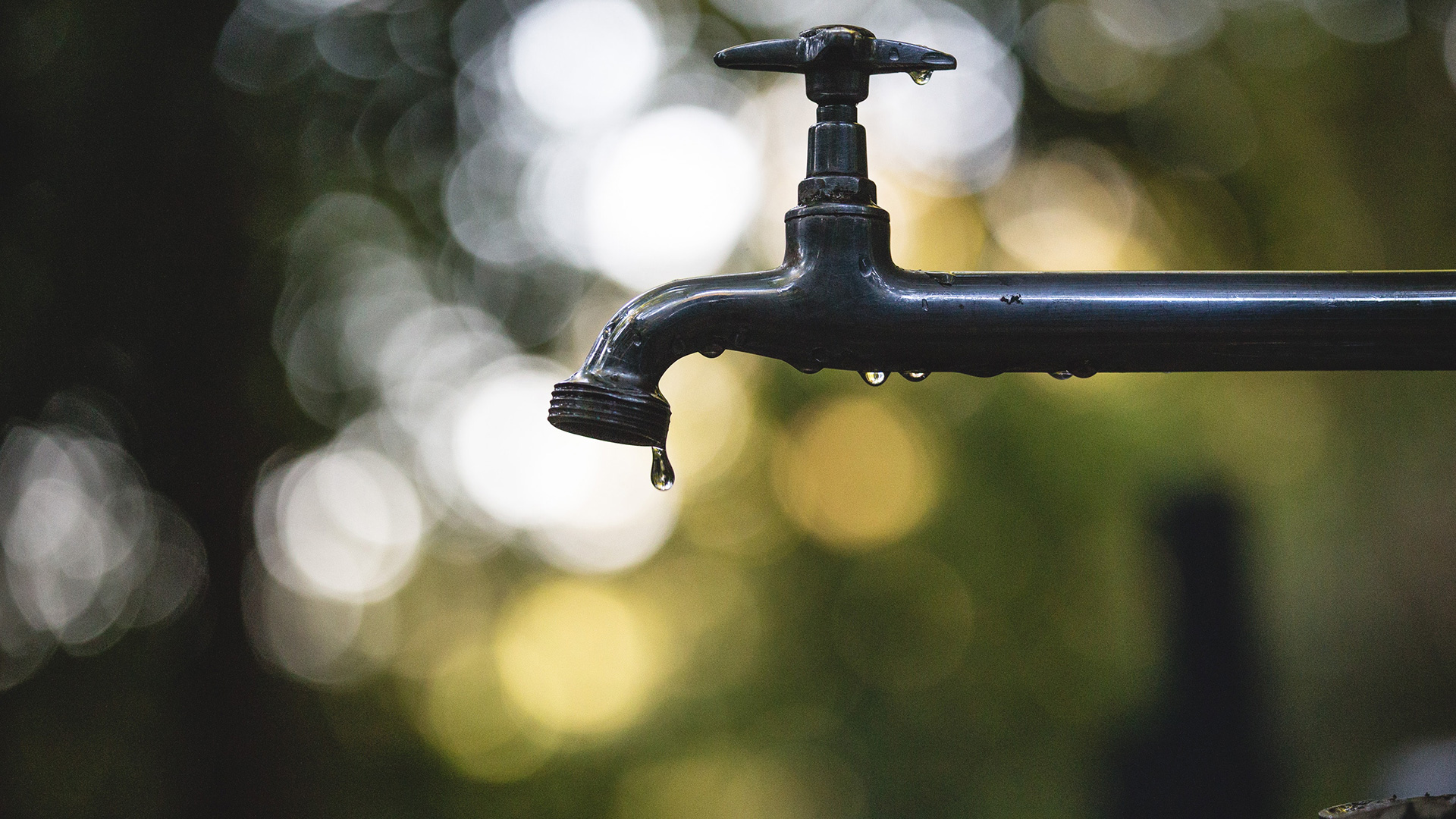You’re going to have to pay. So am I. So are your friends and relations, and even that person who you try not to make eye contact with when you’re walking the dog because you know it’ll be 15 minutes and become a whole thing and get really awkward – they’re going to have to pay. All of us are. All the sewage that is being pumped into the rivers and coasts of Britain by water companies, the tonnes of it that make infographics trying to just explain what is happening look like a dirty protest, it’s not on them, it’s on us. I’m not sure if I mean that literally.
We all know the issues. We have heard the excuses that it was just in extreme moments, that it is not the norm that this tsunami of waste pours forth, just when they’re caught short. The Environment Agency last year said that in 2020-21 sewage had been dumped into the sea and rivers around the UK 770,000 times. At what level does that drop to the norm? What is the norm?!
Your support changes lives. Find out how you can help us help more people by signing up for a subscription
Last week a report by the House of Lords identified reasons behind failings, plus a figure to fix it. The peers laid the blame at the overstuffed pipes of government, the regulator Ofwat and the water companies themselves. They said that the antiquated Victorian system we use would need an untold level of updating. They identified a need for £56 billion of improvements. That’s not insubstantial. The Lords also warned that to get even close to this would ultimately result in a rise in bills for us. We’re going to have to pay for the years of underfunding and mismanagement.
Here’s a curious thing. Three years ago The Guardian researched how much money had poured from water companies to shareholders in dividends since privatisation. They discovered that since 1991 around £57bn had been paid out. At a rate of around £2bn a year, that would be comfortably well over £60bn by now. Which is more than enough to update the system, to not pollute the water around us and for us to be ready for the future, without the threat of spiralling bills. It’s almost as if the privatisation fetish of Thatcher’s government didn’t always have positive outcomes.
To slam price gouging and profits in private companies is to run the gauntlet. To challenge runaway pocket bonanzas is to be labelled anti-business and woke. But frankly, who cares? Sharon Graham, boss of Unite the Union, called out the sky-scraping profits over the last few days. She classed it not a cost of living, but a cost of profiteering, crisis. The numbers aren’t hard to find. Big supermarkets Tesco, Sainsbury’s and Asda doubled their combined profits to £3.2bn in 2021, compared to 2019. BP doubled its profits to £23bn in 2022.








